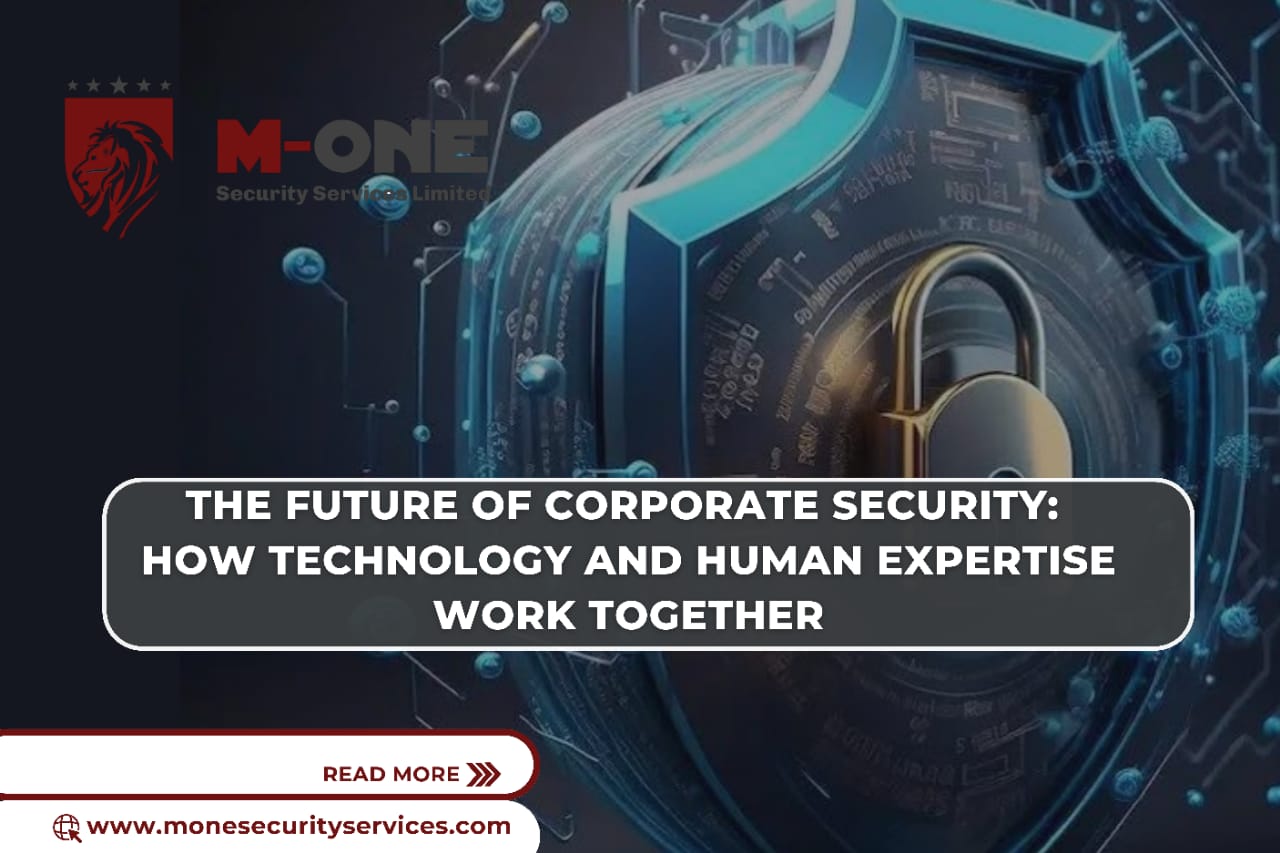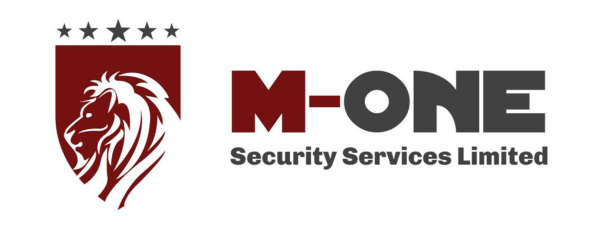Introduction
In Nigeria’s business environment, corporate security is no longer just about hiring guards at the gate or installing CCTV cameras, even with the rising of cybercrime, insider threats and physical break ins, companies are realizing that machines can’t work without people and people can’t work without machines. The future of security in Nigeria is hybrid, a seamless blend of technology and human expertise, here is how technology and human expertise can work together.
1) Technology Alone Isn’t Enough:
Over the last five years, Nigerian businesses have rushed to adopt new technologies such as AI powered CCTV, Biometric access control and Cybersecurity firewalls, while these tools are powerful, they’re not perfect. A major once invested millions in AI surveillance, it detected unusual late night activity in its server room and triggered alarms, but the intruder turned out to be a cleaner who had forgotten to clock out. Without trained human staff to verify, operations could have been disrupted for hours. Therefore, technology gives speed, but without human interpretation, businesses risk false alarms or worse, real threats slipping through.
2) The Hybrid Security Model in Nigeria:
The forward-thinking Nigerian businesses are already testing a blended approach, such as the IoT and patrols, AI with guards and cyber alongside physical Integration. Just imagine a bank links cyber alerts with physical teams, then if hackers target ATMs digitally, field officers are dispatched at the same time to secure locations. This dual approach reduces costs, improves efficiency and builds customer trust.
3) Insurance Demands:
Nigerian insurers are beginning to ask if there is a trained staff and real time monitoring, businesses without hybrid systems risk higher premiums or outright policy rejections. It is important not to buy tech without training staff to manage it, always train your guards to work with AI, biometrics and IoT tools.
4) Human Expertise Still Matters:
Skilled Nigerian security personnel provide what technology cannot like judgment, cultural context and quick adaptability. Imagine at a political rally where AI sensors flagged a crowd surge as a security threat, but trained officers quickly identified it as supporters rushing toward their candidate. It’s highly important for an event that required crowd management, not force.
Conclusion
The Nigerian business environment is dynamic and so are its risks, the companies that will survive and thrive are those that understand this truth about how technology detects faster, but humans decide smarter. By blending both, Nigerian businesses can protect assets, safeguard reputations and build trust in a world where safety is no longer negotiable.


